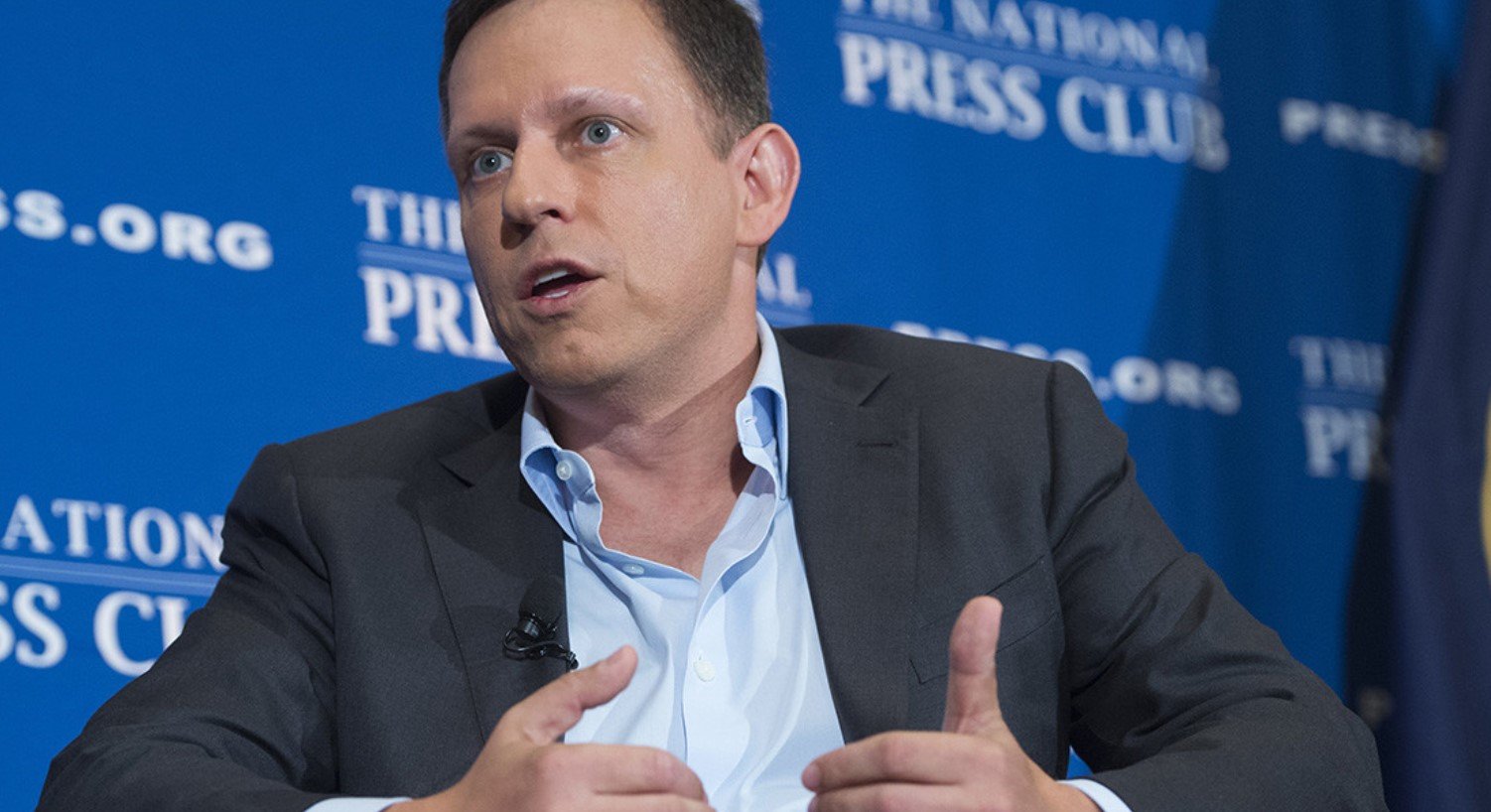In a bold move that has sparked widespread debate, billionaire Peter Thiel is backing the Enhanced Games, an Olympics-style event that embraces the use of performance-enhancing drugs. The Enhanced Games aims to revolutionize the world of sports by allowing athletes to push the boundaries of human performance through scientific advancements. This controversial initiative has garnered both support and criticism, as it challenges traditional notions of fair play and athlete health.
A New Era in Sports
The Enhanced Games promises to be a groundbreaking event, offering athletes the opportunity to compete without the restrictions of traditional doping regulations. Thiel, along with co-founder Aron D’Souza, envisions a future where athletes can achieve unprecedented levels of performance. The event will feature ten disciplines, including track and field, swimming, and combat sports, with competitors undergoing rigorous medical screenings to ensure safety.

Critics argue that the Enhanced Games undermine the integrity of sports and pose significant health risks to athletes. However, proponents believe that with proper regulation and medical oversight, the use of performance-enhancing drugs can be safe and beneficial. Thiel and his team are determined to prove that science can enhance human capabilities without compromising health.
The Enhanced Games have already attracted significant investment, with Thiel and other backers raising around $300 million to fund the event. This financial backing is crucial for the success of the Games, as it allows for the development of sophisticated safety protocols and ensures that athletes are compensated fairly for their participation.
The Science Behind Enhancement
At the heart of the Enhanced Games is the belief that scientific advancements can unlock new levels of human performance. Thiel and D’Souza argue that many athletes already use performance-enhancing drugs covertly, and by bringing this practice into the open, they can create a safer and more transparent environment. The Enhanced Games will only allow substances approved by the US Food and Drug Administration, such as anabolic steroids and growth hormones.
This approach has been met with skepticism from traditional sports organizations and anti-doping authorities. The International Olympic Committee and the US Anti-Doping Agency have both condemned the Enhanced Games, calling them a dangerous experiment. Despite this, Thiel and his team remain confident that their vision will revolutionize sports and pave the way for future advancements in performance medicine.
The Enhanced Games also aim to promote life-extending technologies, with Thiel investing heavily in research that seeks to extend the healthy human lifespan. This focus on longevity and health optimization is a key component of the Enhanced Games’ philosophy, as they strive to create a new paradigm in athletic competition.
A Controversial Vision
The Enhanced Games have not been without controversy. Many in the sports community view the event as a threat to the integrity of competition. Critics argue that allowing performance-enhancing drugs undermines the spirit of fair play and creates an uneven playing field. However, Thiel and D’Souza counter that the current system is already flawed, with widespread covert doping among athletes.
The Enhanced Games aim to address these issues by providing a regulated environment where athletes can compete openly and safely. Thiel believes that by embracing scientific advancements, they can create a new standard for athletic performance. This vision has attracted both support and criticism, with some seeing it as a bold step forward and others as a dangerous gamble.
Despite the controversy, the Enhanced Games continue to gain momentum. Thiel and his team are in talks with several cities to host the inaugural event, and they remain committed to their vision of a new era in sports. Whether the Enhanced Games will succeed in reshaping the world of athletics remains to be seen, but one thing is certain: they have already sparked a global conversation about the future of sports and human performance.









